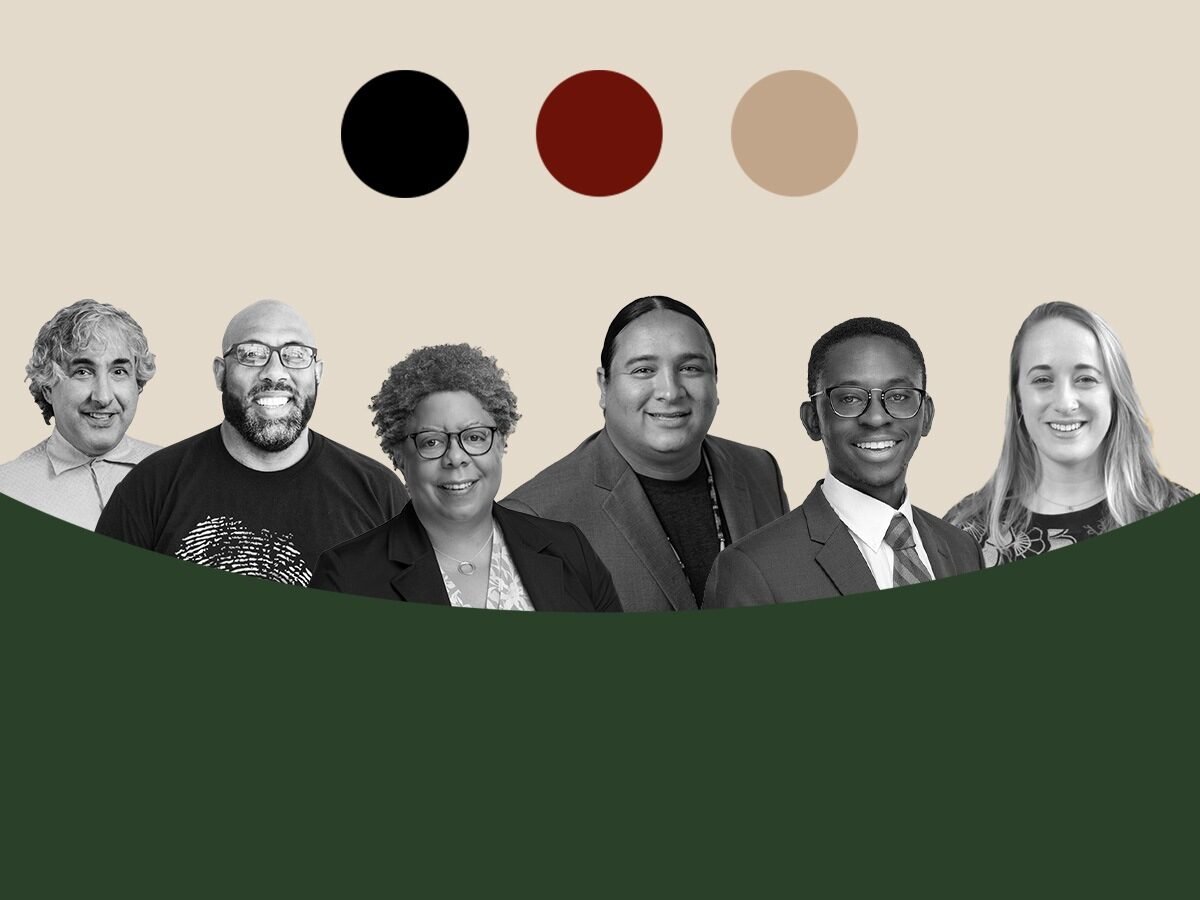When we interview the entrepreneurs enrolled in our incubator, for example—as they’re going through the program and then at the end, we’re usually probing for questions like this, where we want to understand things like, you know, “We spent all this time on financial education. Why is it that no one has set up their accounting system, or that no one has applied for a loan?” And asking those sorts of questions kind of uncovers all sorts of nuggets of information.
Sign up for our free newsletters
Subscribe to NPQ's newsletters to have our top stories delivered directly to your inbox.
By signing up, you agree to our privacy policy and terms of use, and to receive messages from NPQ and our partners.
So, we have, I would say, the majority of entrepreneurs will say something like they feel like they’re part of two worlds. There’s the white entrepreneurship world and then there’s their Native world. And they’re constantly trying to reconcile these two.
Even, you know, the white entrepreneurship world values money and scale. Like the point of being in business is to make money for yourself or you and your family. Whereas most of the businesses enrolled in our program, they refuse to monitor their finances, because financials are not their metric for success. Their primary way, the reason that they want to do what they’re doing, is because they’re trying to solve some sort of problem in the community. And some of them don’t even want to know if they’re making money at all. Because they don’t want to be accused of greed. They don’t want to be accused of taking wealth from the community.
So, there are so many things to unpack there about what wealth means, what success means, and how a lot of the beliefs that we have as Native people are counter to how we define success as Americans.













